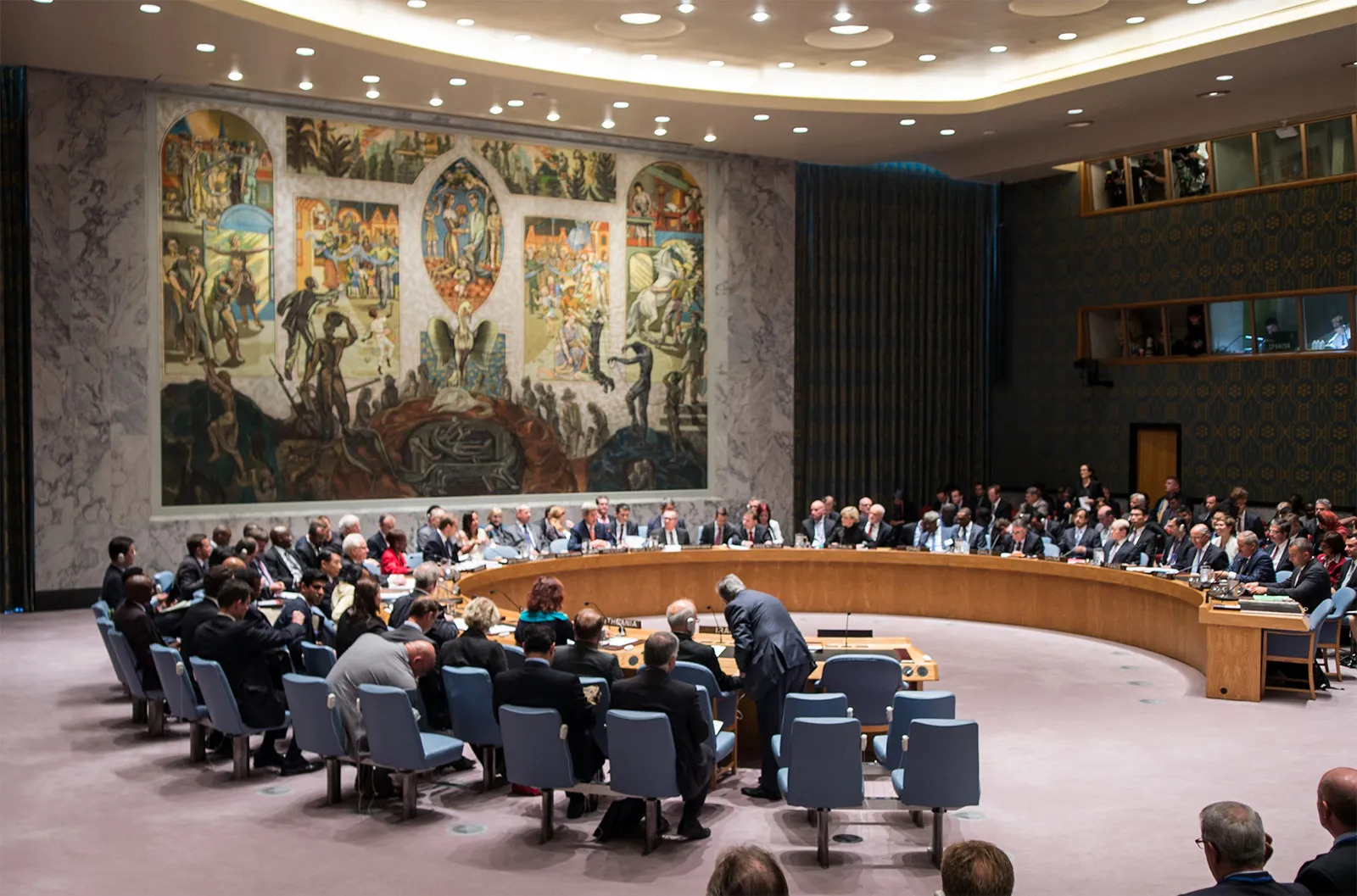(Opinion) The ever-evolving geopolitical arena demands reforms in several global institutions, most prominently in the United Nations Security Council.
The winds of change are evident: The call for revamping this age-old council is escalating, more so from nations that were previously on the peripheries of global power dynamics.
Chief among them is Brazil, which, with the support of BRICS, is vociferously pushing for a seat that it rightfully deserves, given its burgeoning role in global politics.
At the BRICS summit held in Johannesburg, the discussions weren’t just restricted to economic cooperation or regional stability.
The conversations encapsulated a much larger and pressing concern: the representation in the UN Security Council.

It’s about time nations like India, South Africa, and particularly Brazil, are recognized for their indomitable influence in global matters.
Luiz Inácio Lula da Silva, the charismatic Brazilian President, didn’t mince words when he stood up to champion this cause.
Only China and Russia from the BRICS are permanent council members, which is odd in the current global scenario.
The stagnation of the UN’s structure is akin to an old tree with deep roots but with brittle and breaking branches.
Established in the aftermath of the Second World War, the current composition of the council stands outdated.
While the world has transformed, the Council remains frozen in a bygone era.
Its glaring inadequacies become evident when considering its inability to address pressing issues effectively.
Despite widespread international disapproval, the persistent sanctions on Cuba are an emblematic reflection of this ineffectiveness.
But the Brazil-BRICS proposition for reform is more than a timely suggestion; it manifests the changing global order.
The once hegemonic power of the West is now met with a formidable counter-narrative embodied by BRICS.
Their ascendancy is palpable, not just in political corridors but in economic arenas too.
A cursory glance at the diminishing economic prowess of the G7 against the rise of BRICS elucidates this shift.
The call for change isn’t limited to the United Nations alone.
Our global financial institutions, anchored in the mid-20th-century realities, are ripe for introspection and reform.
The emergence and prominence of institutions like the BRICS Bank is a testament to shifting economic dynamics and a clarion call for the West to recognize and adapt to the new financial world order.
In wrapping up this discourse, the appeal is not just for Brazil to be recognized.
It is for the entire South American continent to rally behind Brazil’s bid.
Their collective voice, echoing their aspirations and concerns, is indispensable.
Brazil vies for its deserved spot, it does so as a representative of a region and indeed, a new world order that can no longer be sidelined.
For the United Nations, specifically the Security Council, to remain relevant and effective, it must evolve.
The world is watching, and the time for change is now.

